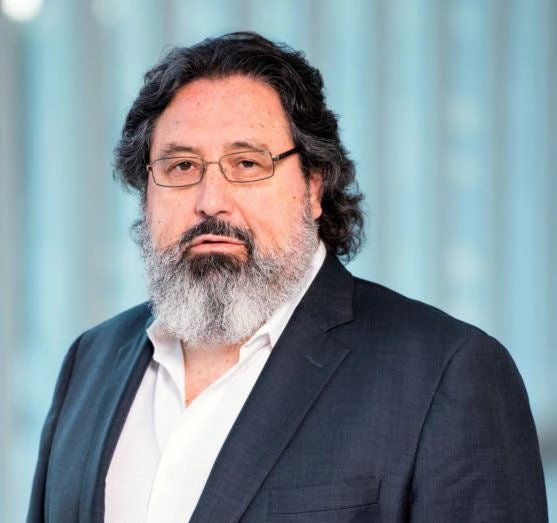I was deeply touched by statements and testimonies from people from all walks of life, but what impressed me the most was the discussion about the “veil of oblivion” surrounding the dire conditions of mentally ill people in jails and prisons.
A 2016 report by the University of London estimated that worldwide more than 10.3 million people are held in penal institutions at any given time and more than 30 million people pass through prisons each year. Country data show that as many as half the people in jails and prisons have a mental disorder. For example, as shown in Alisa Roth's gripping new book “Insane”, although the overall number of people behind bars in the United States has decreased in recent years, the proportion of prisoners with mental illness has continued to go up. Data in the book indicate that in Michigan about 50% of people in county jails have a mental illness, and nearly 25% in state prisons do. The mental health crisis is more pronounced among women prisoners: one study by the US Bureau of Justice Statistics found that 75% of women incarcerated in jails and prisons had a mental illness, as compared to just over 60% of men.
As observed by Roth, jails and prisons have become de facto “warehouses for the mentally ill”, who tend to be among the most disadvantaged members of society. Moreover, when the mentally ill end up in the criminal justice system, they tend to fare worse than others and are susceptible to medical neglect and abuse, since ultimately the mission of jails and prisons is punishment, not medical care. And not all the effects occur inside the criminal justice system; many people with mental illness cycle back and forth between jail or prison and living in the community, and have an elevated risk of all‐cause mortality, including suicide, both while in in custody and soon after release.
This situation, eloquently argued by one of my fellow panelists at the Kennedy Forum, Mark Holden, senior vice president and general counsel for Koch Industries, shows that the way criminal justice system deals with mental illness is profoundly broken, leading not only to tremendous anguish and suffering among mentally ill people locked away behind bars, but to high rates of recidivism once prisoners go back into the community, compounding social and economic costs of untreated mental illness and substance-use disorders.
What to do?
A critical challenge faced in most countries is to overcome the “punishment paradigm” often found in penal systems by focusing on addressing the mental health needs of prisoners and bringing about their recovery. This requires a concerted effort to overcome the criminalization of mental illness by offering comprehensive physical and mental health services during incarceration and to support transition to community life after prisoners are released. Effective service pathways include screening for mental illness and substance-use disorders to ensure case identification at reception and at other critical times; prison‐based care and treatment services; referral to specialized facilities for prisoners with serious mental illness; and release planning to ensure continuity of care across health care and social services providers to reduce recidivism post release. If this is done, in combination with education, skills development, and social support, the penal environment will offer true recovery opportunities for the incarcerated.
A recent article in the Financial Times describes other innovative approaches being implemented with good results. These are “judge-led therapy programs”, which offer non-violent offenders with substance use disorders the opportunity to avoid jail, by agreeing to intensive mentoring and support. A good example of such programs is the one spearheaded by Steve Leifman, a Florida judge, that follows a simple premise: when a person with a mental illness or a substance use disorder is arrested for a nonviolent misdemeanor, he or she can be steered toward treatment rather than criminal court. The vast majority opt for treatment, where they are connected with housing and other services. Recidivism is low, patients get the support they need, and the prison system saves significant funds.
Countries will do well by adopting prison system reforms, that include effective mental health treatment, care, and rehabilitation programs that focus on the whole person – body, brain, and spirit. If this is done, individual lives could be improved and freed from discrimination and stigma and with the opportunity to overcome health challenges and realize second chances in pursuit of a fulfilling life; families reunited; jobs gained; dignity regained; and overall society wellbeing enhanced by addressing the needs of the mentally ill and those with substance use disorders. A glimmer of hope? Yes, but one that is possible if political commitment and public and private efforts push forward this agenda as a moral imperative in society.
World Bank Group Global Mental Health


Join the Conversation